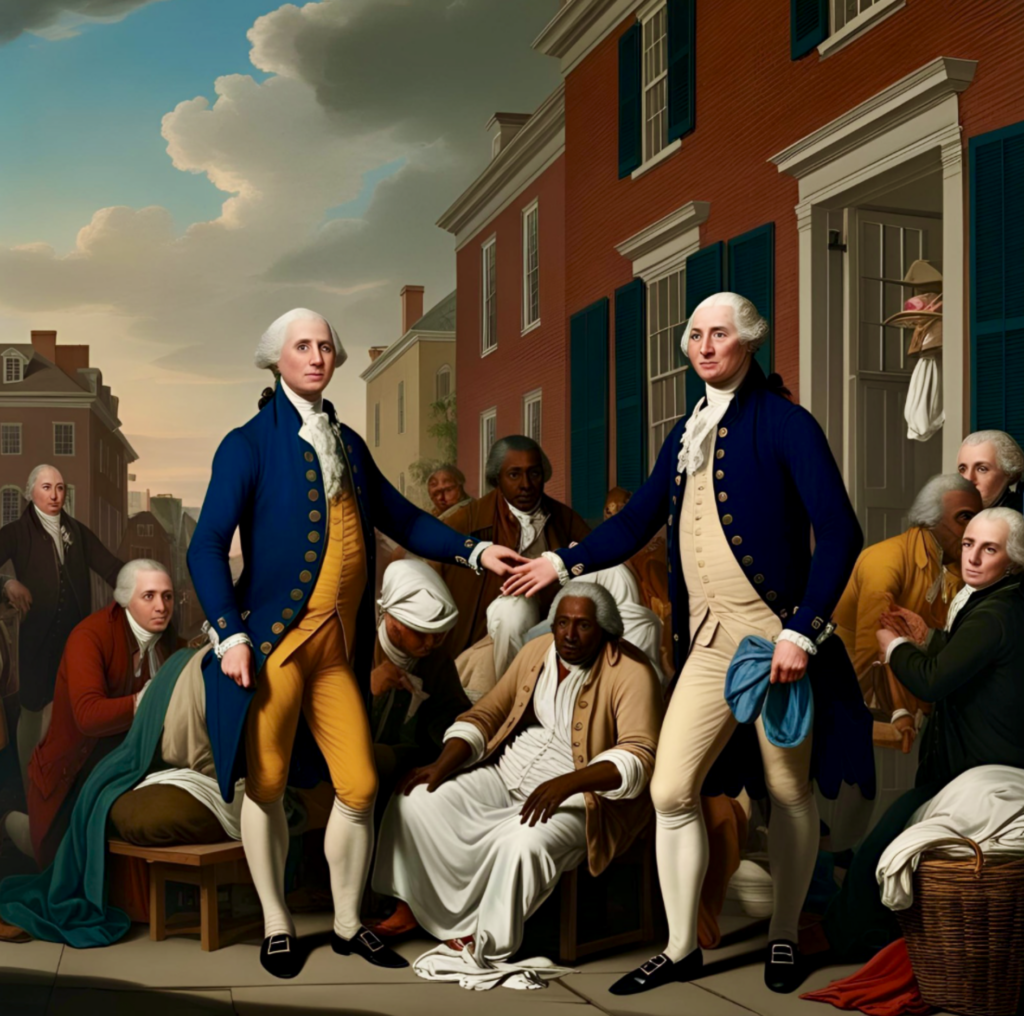Many Americans lost sight of our founding fathers’ words. Freedom empowers everyone, but it comes with a moral obligation to take care of each other – the glue that holds a democracy together.
The first three words of the U.S. Constitution spell it out: “We the people.”
“We the people” means we join together to solve problems. We support each other rather than bend a knee before a king and plead for help. But somewhere along the way – electing a president, discussing a law or paying taxes – the baseline for many is “How does this affect me?” The price of butter or gas matters more than our grandchildren’s’ education. The individual’s right to own an assault rifle matters more than the safety of elementary school children. The right to pollute the environment matters more than our grandchildren’s planet.
Problem fixes
The first is simply more empathy. A Swahili expression hangs over the queue of the safari ride at Disney’s Animal Kingdom: “What you see with your eyes, you feel with your heart.” Families touched by cancer, discrimination or other tragedies often join groups trying to make those problems better. Empathy, however, empowers Americans to care about people even beyond the things they’ve seen with their eyes. Imagine what it’s like to live in a wheelchair 24 hours a day, to believe your body doesn’t reflect what you feel in your mind, to have a country of origin that draws insults from politicians.
Second: Focus on grandchildren even if you don’t have any. Take actions that benefit them even if it works against you today.
The Haudenosaunee (Iroquois Confederacy or Six Nations) fought in the U.S. revolution. The tribe is matriarchal. If a course of action faced disagreement, women – not men – chose the path, which, “Confused the shit out of George Washington,” according to my Haudenosaunee son-in-law. Women made the primary decisions, including electing a Chief, because the Haudenosaunee people believed women made children-focused choices.
Climate change may be the best “good for our grandchildren” example. How do “we the people” fix it? A climate change policy won’t see results for a decade, maybe two. That doesn’t play well in elections if voters care mainly about the cost of eggs and gas. Add a big price tag, toss in rules that make day-to-day living a bit more expensive or inconvenient, and a long-term, climate-change solution dies. Once a disaster occurs – after it becomes “What about my suffering here and now? – it’s too late.
“We do not inherit the earth from our ancestors; we borrow it from our children.” – Native American proverb
No king or queen will save us. We must save each other. We need a unified voice: “We the people,” not “I the person.”
© 2025 SmithTakes
